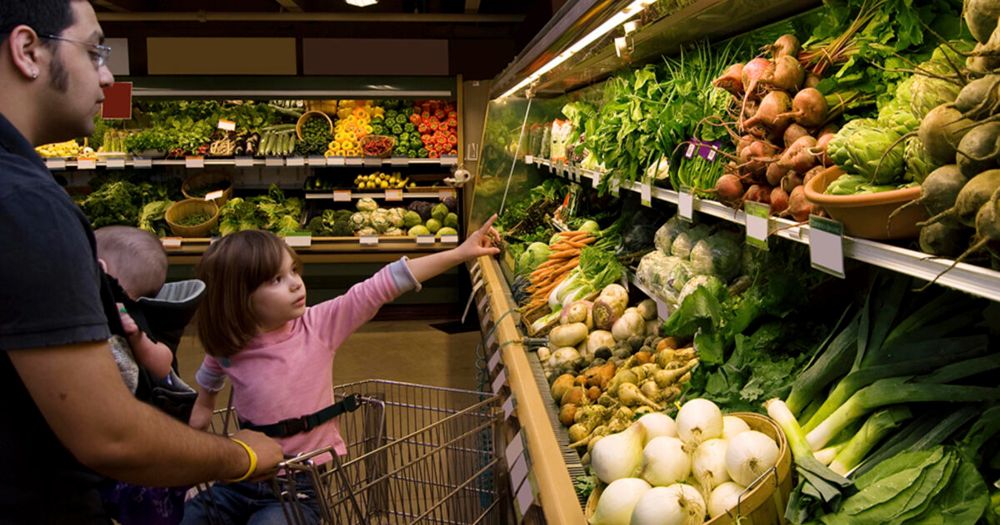Katie Bergh
@katiebergh.bsky.social
720 followers
250 following
270 posts
SNAP/WIC/Child Nutrition at the Center on Budget and Policy Priorities. Come for the corgi pictures, stay for the food assistance policy.
Posts
Media
Videos
Starter Packs
Pinned
Katie Bergh
@katiebergh.bsky.social
· Aug 13

By the Numbers: Harmful Republican Megabill Takes Food Assistance Away From Millions of People | Center on Budget and Policy Priorities
The harmful Republican megabill, enacted on July 4, will dramatically raise costs and reduce food assistance for millions of people by cutting federal funding for the Supplemental Nutrition Assistance...
www.cbpp.org
Reposted by Katie Bergh
Reposted by Katie Bergh
Katie Bergh
@katiebergh.bsky.social
· Sep 3
Katie Bergh
@katiebergh.bsky.social
· Sep 2
Katie Bergh
@katiebergh.bsky.social
· Sep 2
Katie Bergh
@katiebergh.bsky.social
· Sep 2
Katie Bergh
@katiebergh.bsky.social
· Sep 2
Katie Bergh
@katiebergh.bsky.social
· Sep 2
Katie Bergh
@katiebergh.bsky.social
· Sep 2
Katie Bergh
@katiebergh.bsky.social
· Sep 2
Katie Bergh
@katiebergh.bsky.social
· Sep 2
Reposted by Katie Bergh
Katie Bergh
@katiebergh.bsky.social
· Aug 13

By the Numbers: Harmful Republican Megabill Takes Food Assistance Away From Millions of People | Center on Budget and Policy Priorities
The harmful Republican megabill, enacted on July 4, will dramatically raise costs and reduce food assistance for millions of people by cutting federal funding for the Supplemental Nutrition Assistance...
www.cbpp.org
Katie Bergh
@katiebergh.bsky.social
· Aug 11
Katie Bergh
@katiebergh.bsky.social
· Aug 11
Katie Bergh
@katiebergh.bsky.social
· Aug 11



